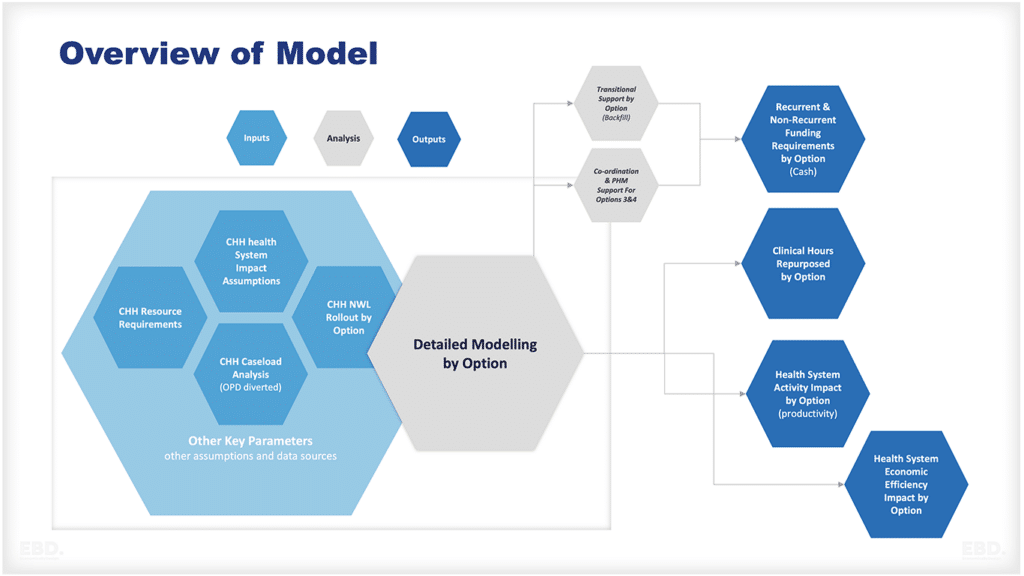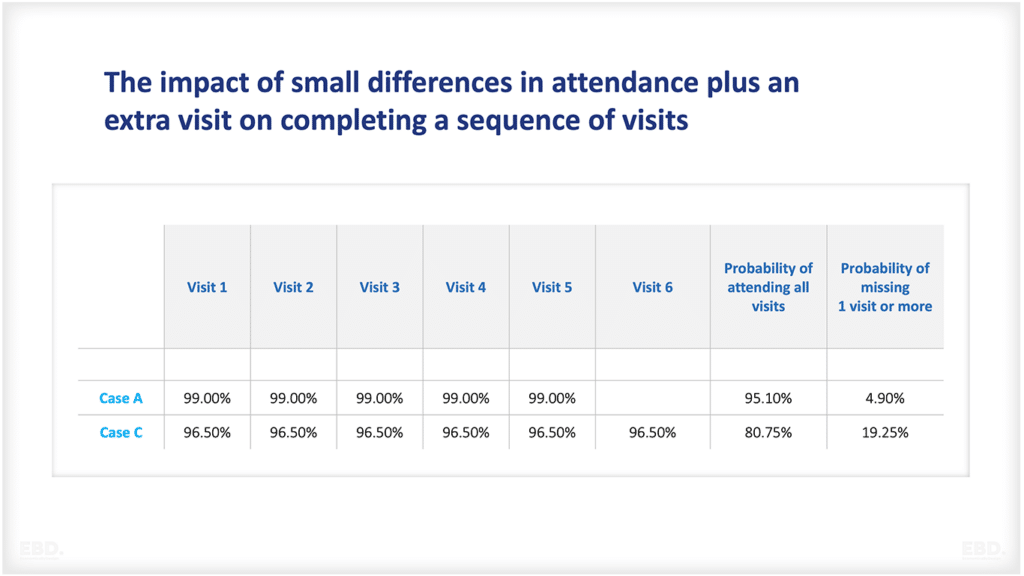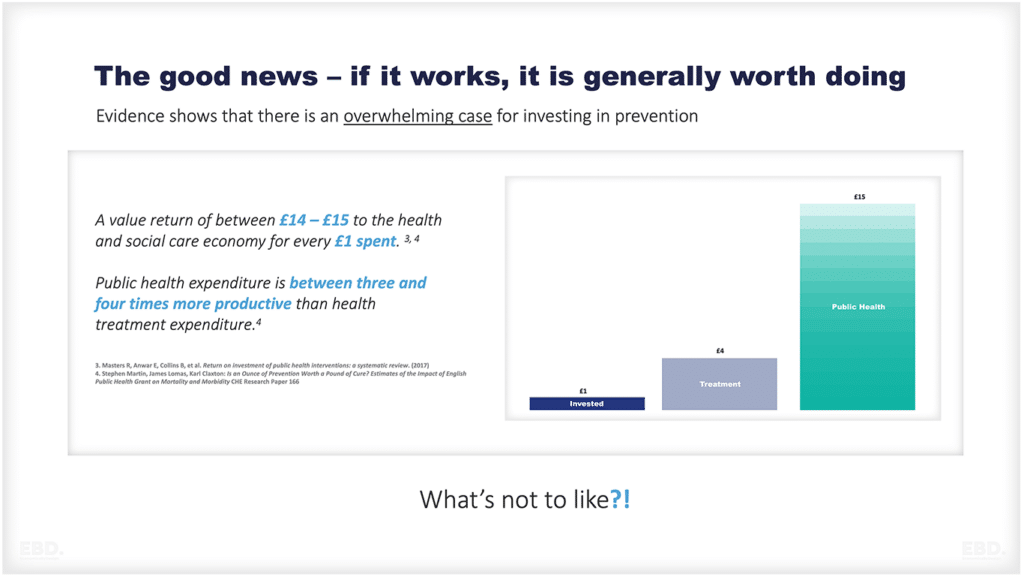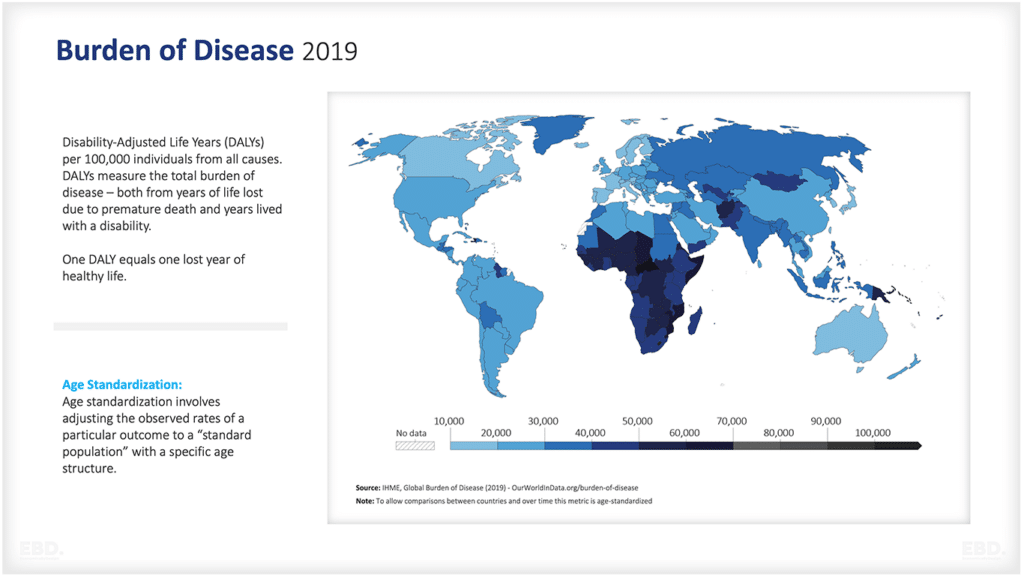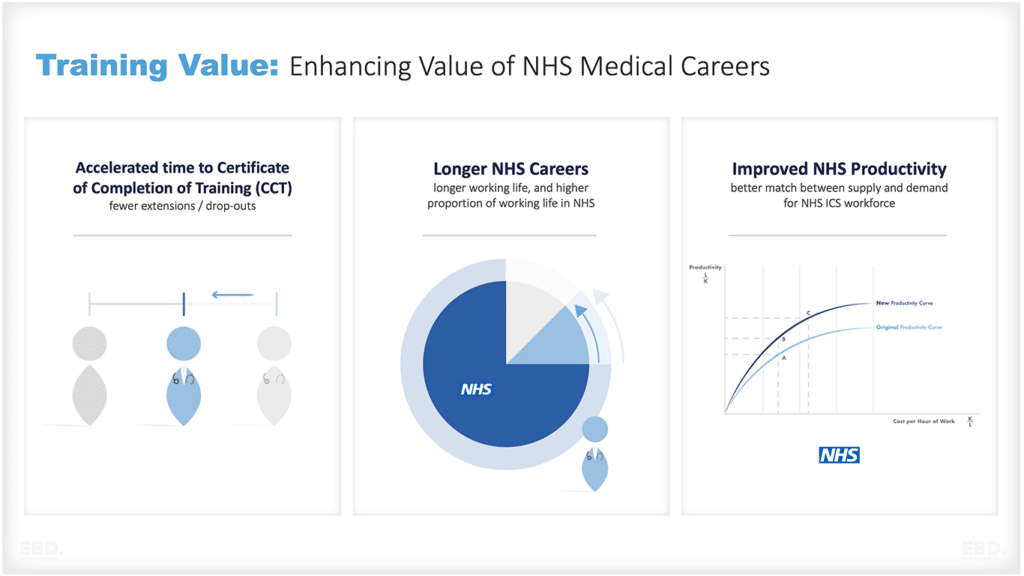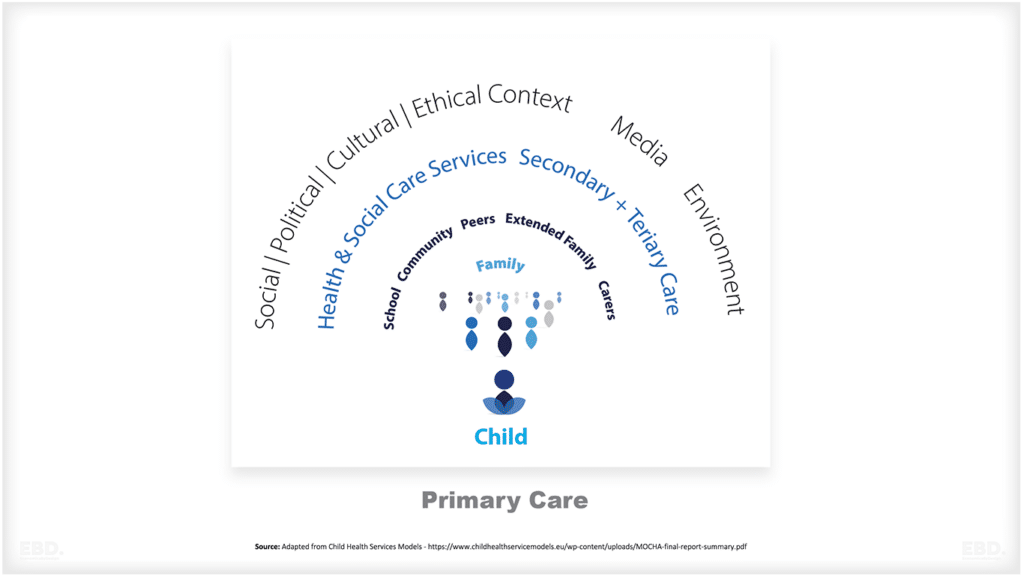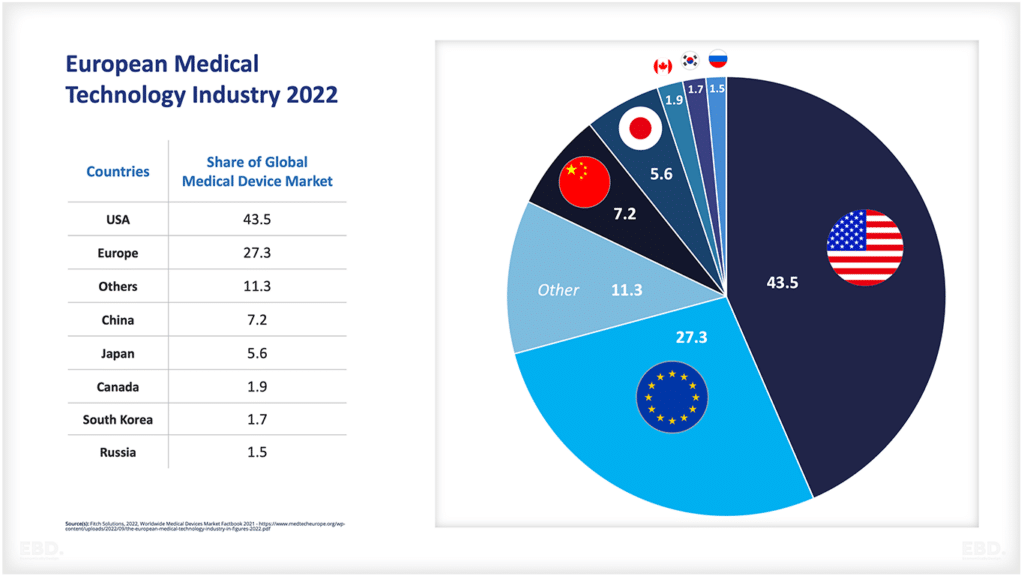Global Health Systems
Our Global Health Systems work is often undertaken in confidential circumstances and is used to inform policy, strategy, regulation and investment funding for health system reform initiatives.
Here we showcase those studies that are in the public domain.
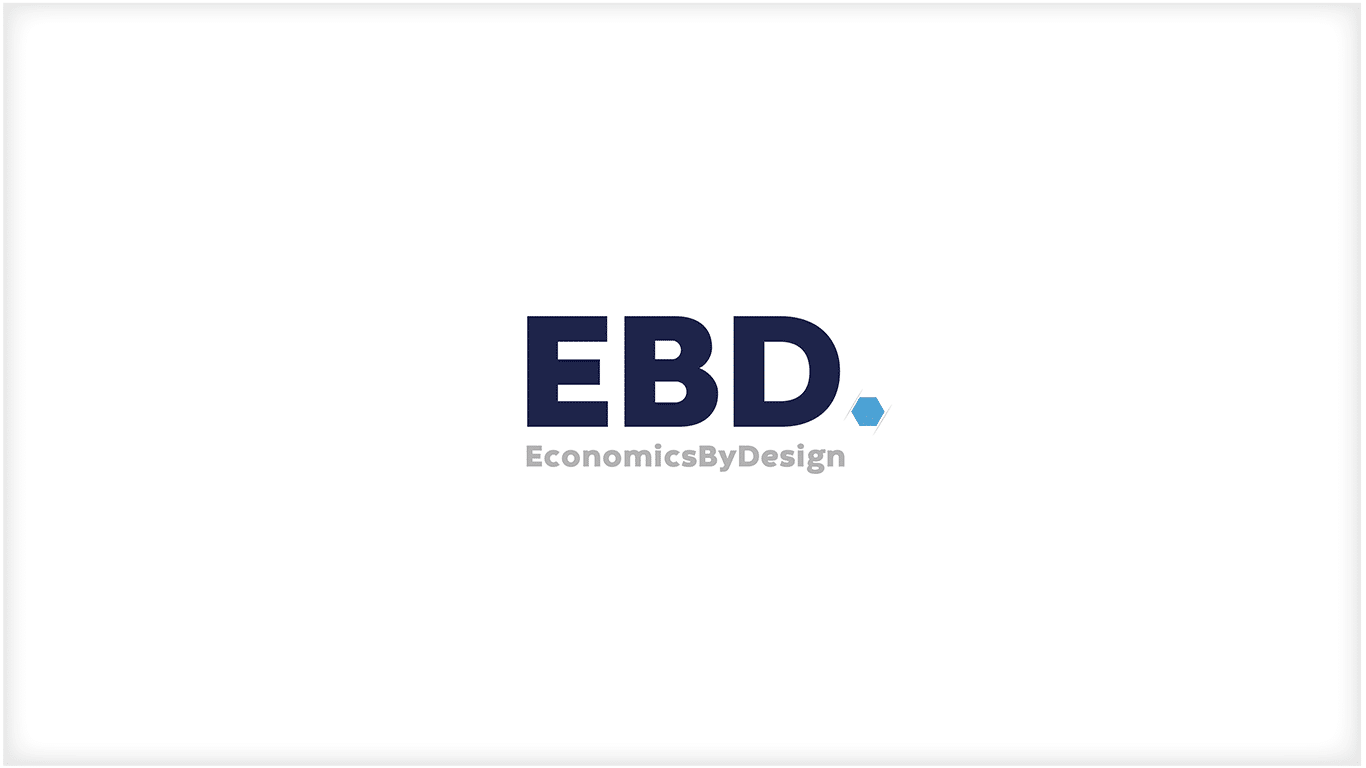
Case Studies
World Health Organisation
Sudan
In 2019 the World Health Organisation funded by the European Commission appointed Economics by Design to support two projects:
- The design of an Essential Health Benefits Package for Sudan
- The development of Provider Payment Mechanisms to deliver the Essential Benefits Package in Sudan.
These two key projects were undertaken to support the Government of Sudan on its journey towards Universal Healthcare. The two projects represent linked components of a new system involving a separation of the role of payer and provider.
The work resulted in the publication of two reports and the development of on-line video training materials all of which can be accessed here.
The work was supported by the University of East Anglia
The work has also informed the ongoing work of the Disease Control Priorities DCP3 programme, economic evaluation for health. In March 2022, Jacque Mallender participated in a review meeting on guidance in priority setting and development of UHC Essential Packages of Health Services, which resulted in the publication of comparative experiences across six countries.
Sadly progress towards health system reform in Sudan has been hindered as a result of the ongoing conflict.
Other Publications
Jacque Mallender participated in a project integrated primary health care in Libya in 2022-23 and was lead author to a report for the World Bank Group “Models of Integrated Care: The Global Experience: June 2023” .
The analysis of global experiences in the paper uses the Framework on Integrated, People-Centered Health Services by the World Health Organization. It’s important to note that there is no universally applicable integration model for countries aiming to develop primary health care. However, evidence shows successful practices in designing and implementing context-specific solutions.
Unfortunately, there is a lack of evidence supporting effective strategies and policies in conflict-affected situations. Nonetheless, common themes and issues emerge, including the need to rebuild trust in service quality and safety, leveraging existing assets like donor-funded programs, adopting a multisectoral approach with infrastructure focus for supply chain security, and using financial incentives to promote workforce participation.
The paper emphasizes the fundamental role of primary health care and identifies five high-impact strategies to rebuild it: developing a diverse primary health care workforce, establishing provider networks, strengthening primary health care through community and donor assets, prioritizing digital integration, and implementing transparent funding models.
Digital Health & Innovation
Our team has experience in enabling digital health innovators to demonstrate and communicate clear value propositions to the health and care system. We can also help develop pricing models and strategies.
Health Workforce
Our team has experience of designing value in and evaluating the value of the health and care workforce and associated innovation and transformation strategies.
Global Health Systems
Our team has international and national experience of designing value into health financing, health payer + insurance models, payment mechanisms, provider models, policy and regulation.
Integrated Care
Our team has experience of designing value in and evaluating improvement focused, wellness programs and prevention-based integrated care pathways across different disease groups, client groups, and health conditions.


